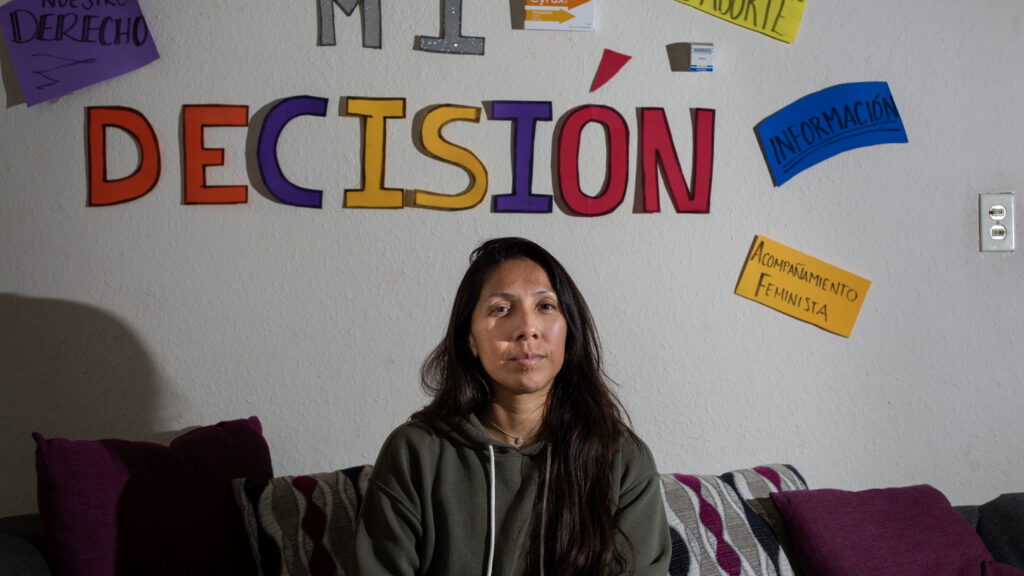- cross-posted to:
- [email protected]
- health
- cross-posted to:
- [email protected]
- health
Just over a decade ago, when Crystal Pérez Lira needed an abortion, she had to leave Mexico. The procedure was illegal in her home state of Baja California and so deeply stigmatized that even Pérez Lira supported the procedure only for those who were raped. Until she unexpectedly got pregnant.
She traveled to the U.S. for help, walking alone across the border from Tijuana to San Diego, first for a health check and a compulsory ultrasound, and then back for a second appointment, when she was given pills to induce an abortion. She returned to Mexico, where she went through the procedure at a friend’s house.
Today, the cross-border help moves in the opposite direction. Pérez Lira is part of a network of activists across Mexico who provide advice, emotional support, and free medications to those seeking abortion — including, increasingly, people living in U.S. states where abortion is sharply restricted. These volunteer groups, known as “companion networks,” have been quietly sending abortion pills across the border, often to vulnerable people who lack funds or immigration papers, and training volunteers in the U.S. to establish their own companion networks.


